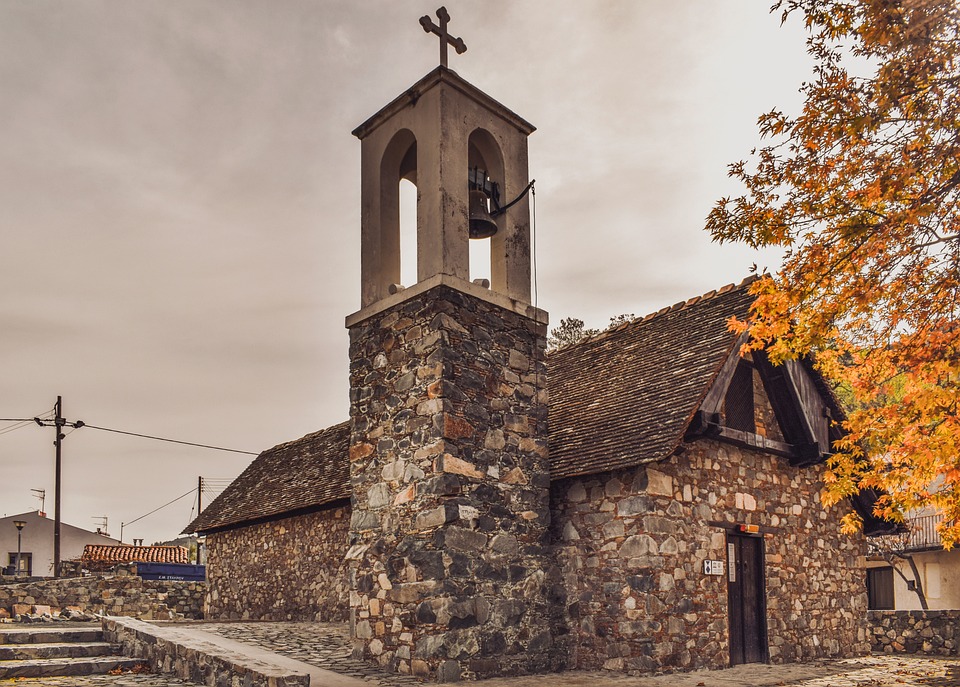The Reign of Ivan the Terrible
Ivan the Terrible, also known as Ivan IV, was the first Tsar of Russia and ruled from 1547 to 1584. His reign was marked by brutal methods and excessive cruelty towards his enemies, which earned him the title of “Terrible.” Ivan’s rule had a significant impact on Russian society, including the villages and rural areas of the country.
Centralization of Power
One of the key aspects of Ivan the Terrible’s reign was the centralization of power in the Russian state. Ivan consolidated power under the Tsar, weakening the influence of the nobility and increasing the authority of the central government. This centralization of power had a direct impact on the Russian villages, as local autonomy was eroded and villagers came under the direct control of the Tsar.
Increased Taxation and Tribute
With the centralization of power came increased taxation and tribute demands on the Russian villages. Ivan the Terrible needed to finance his military campaigns and extravagant lifestyle, so he imposed heavy taxes on the villages to fund his projects. Villagers were forced to pay tribute in the form of goods, livestock, and labor, which put a heavy burden on the already impoverished rural population.
Enserfment and Serfdom
Ivan the Terrible also played a key role in the development of serfdom in Russia. Serfdom was a form of feudal bondage in which peasants were permanently bound to the land and the lord who owned it. Ivan introduced laws that tied peasants to the land and restricted their movement, effectively turning them into serfs. This system of enserfment had a devastating impact on the Russian villages, as peasants were forced to work the land for their lords and had few rights or freedoms.
Repression and Violence
Ivan the Terrible was infamous for his use of repression and violence to maintain control over his subjects. He created the Oprichnina, a secret police force that carried out brutal acts of terror and violence against anyone perceived as a threat to the Tsar’s authority. The villages were not immune to this repression, as the Oprichnina targeted anyone suspected of dissent or resistance.
Massacre of Novgorod
One of the most infamous acts of violence during Ivan’s reign was the Massacre of Novgorod in 1570. Ivan accused the city of treason and sent the Oprichnina to carry out a brutal crackdown. Thousands of innocent villagers were brutally killed, and the city was left in ruins. The massacre sent shockwaves throughout Russia and instilled fear in the hearts of the population.
Impact on Village Life
The reign of Ivan the Terrible had a profound impact on village life in Russia. Villagers lived in constant fear of reprisal from the Tsar and his agents, leading to a culture of silence and submission. The heavy taxation and serfdom system left villagers impoverished and struggling to survive, with little hope for a better future.
Cultural and Religious Changes
Ivan the Terrible also made sweeping changes to Russian culture and religion during his reign. He sought to modernize Russia and bring it into line with western European standards, leading to a period of cultural and religious upheaval.
Establishment of the Russian Orthodox Church
One of Ivan’s most significant cultural changes was the establishment of the Russian Orthodox Church as the official state religion. Ivan sought to unify the Russian people under a single religious authority and used the church to legitimize his political power. The church played a key role in the village life, providing spiritual guidance and support to the peasants.
Construction Projects
Ivan the Terrible undertook a series of ambitious construction projects during his reign, including the construction of the St. Basil’s Cathedral in Moscow. These projects had a significant impact on the villages, as peasants were often conscripted to work on the construction sites. The projects diverted resources and labor away from the villages, further exacerbating the economic hardship faced by the rural population.
Legacy of Ivan the Terrible
The reign of Ivan the Terrible left a lasting impact on Russian society, including the villages and rural areas of the country. His centralization of power, repression, and violence transformed the Russian state and created a culture of fear and submission among the population. The legacy of Ivan the Terrible continues to shape Russia to this day, as the country grapples with the legacy of its brutal past.





